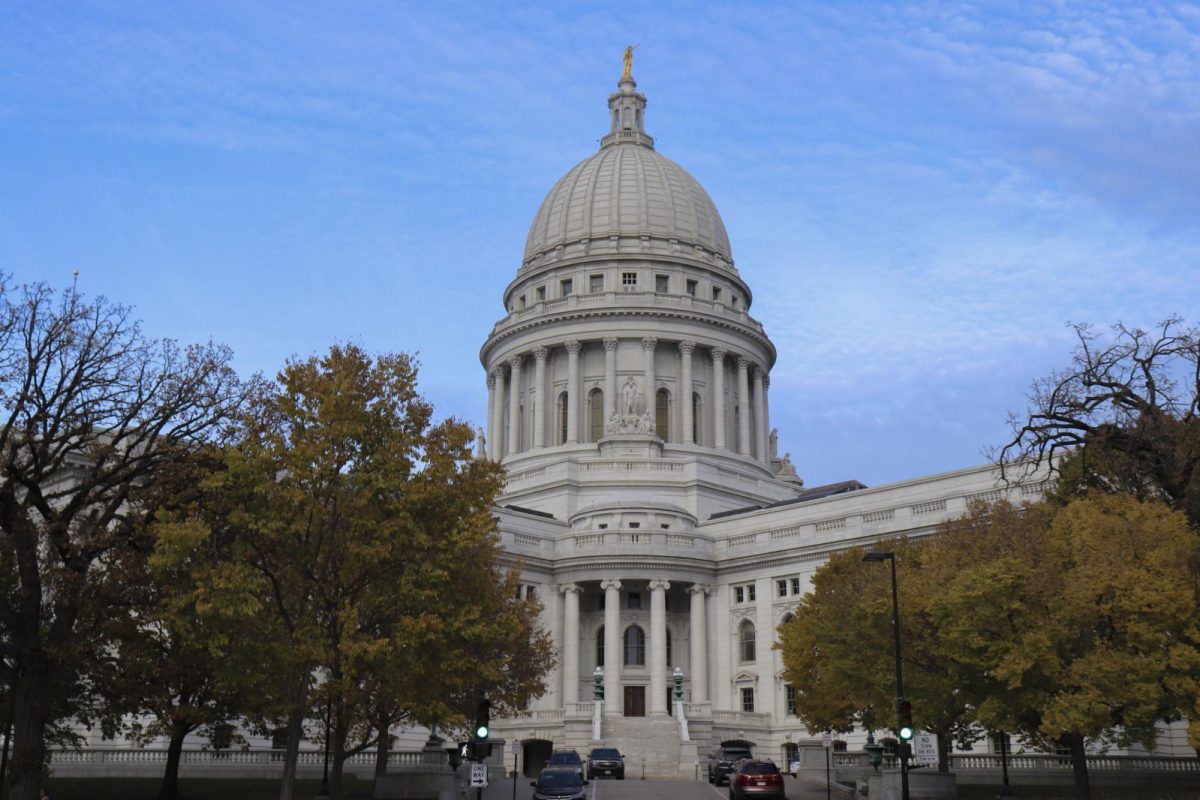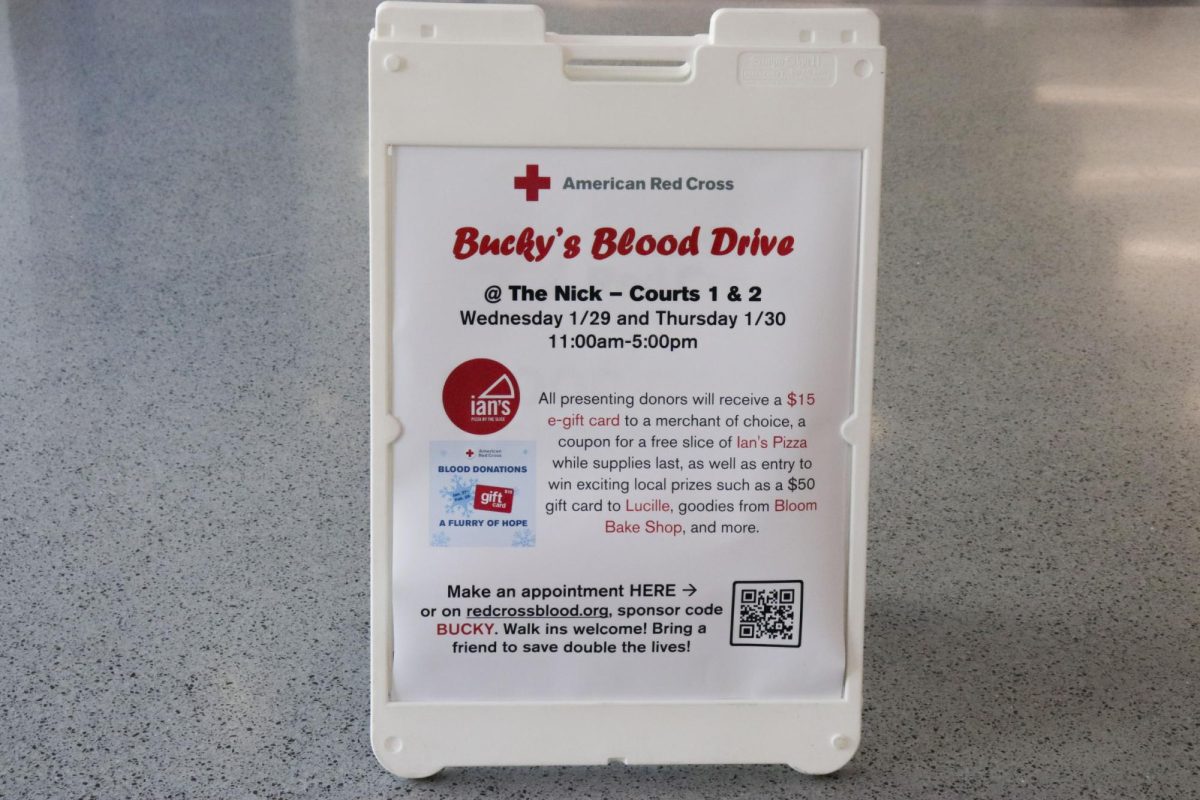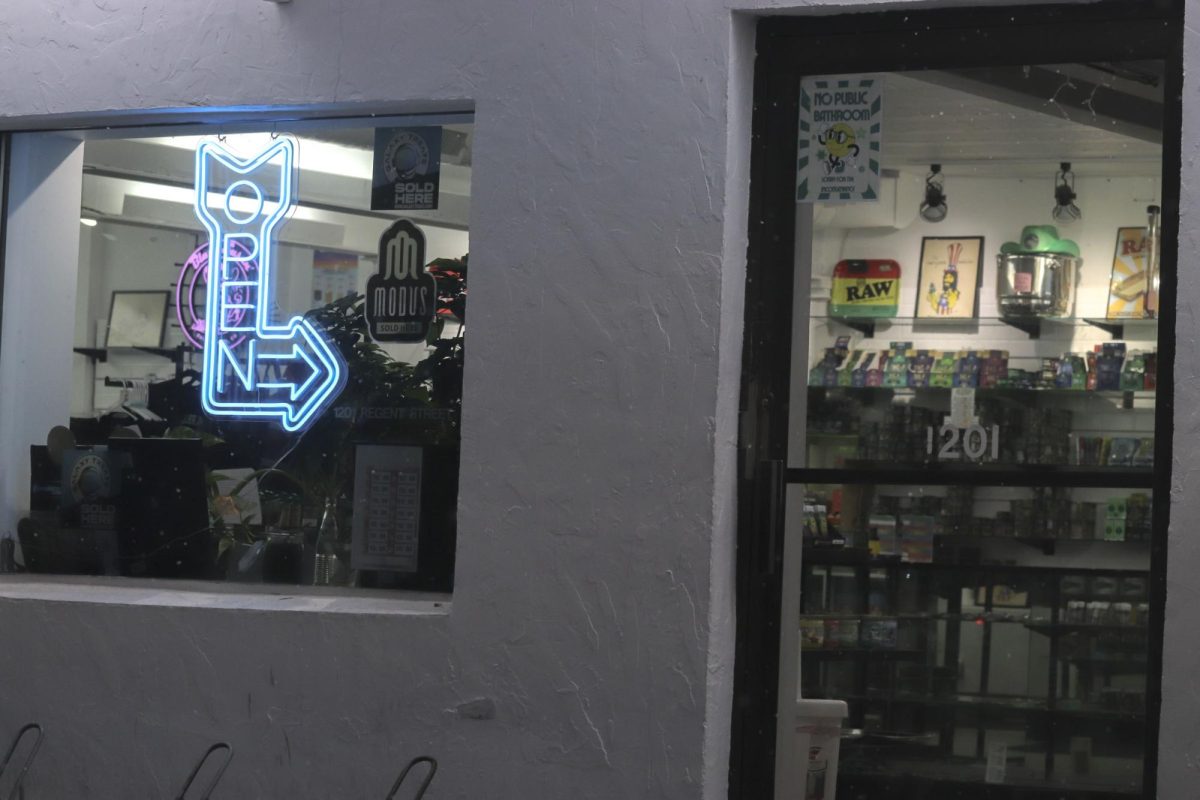The Wisconsin Institute for Law and Liberty filed a lawsuit against the U.S. Department of Education Aug. 27, according to the U.S. Court District of North Dakota’s complaint.
The Plaintiffs allege that the McNair Postbaccalaureate Achievement Program violates the Constitution’s Equal Protection Clause by using “race as a factor in affording educational opportunities among its citizens,” according to the complaint.
The McNair program is funded at 151 institutions across the U.S. and Puerto Rico by the U.S. Department of Education. The program supports eligible underrepresented undergraduates and graduates in navigating PhD studies with the goal of increasing graduate degree awards for students from underrepresented groups, according to the McNair Scholars Program website.
WILL is representing the conservative youth organization, Young America’s Foundation, including University of Wisconsin student Benjamin Rothove, according to the complaint. Rothove said he was looking to apply for the scholarship but was disappointed when he learned he did not qualify according to the eligibility criteria.
“I thought that the eligibility criteria was unfair and discriminatory, and I think that it was illegal,” Rothove said.
According to the McNair Program website, eligible applicants must demonstrate strong academic potential, be first-generation college students with financial need or be members of a group that is traditionally underrepresented in graduate education.
According to federal guidelines, traditionally underrepresented groups include Black, Hispanic, American Indian and Asian American people.
“I think it is strange to create a racial hierarchy, essentially in the letter of the law,” Rothove said.
BIPOC employee retention specialist and secretary for the Wisconsin Council on Affirmative Action Ankita Bharadwaj, whose comments are not affiliated with UW or Bharadwaj’s employers, spoke to her personal experience as someone who benefited from a scholarship.
When asked how scholarships help increase educational opportunities for underrepresented groups, Bharadwaj said it was essential for her academic pursuits.
“Well, without my scholarship, and if I wasn’t here, journalism in Wisconsin would have never seen a South Asian queer perspective on world issues, right?” Bharadwaj said.
UW McNair alumni are currently involved in areas including infectious disease and control, cancer epidemiology, juvenile social and brain development and various other academic pursuits, according to the McNair Scholars Program website.
Bharadwaj said they were an international student at UW and were only able to study in the U.S. because of a scholarship.
Bharadwaj said they want to change the narrative around who “oppressed and marginalized” people are. Specifically, it is important to support Wisconsin’s large population of first generation college students, Bharadwaj said.
“When I say marginalized, it has nothing to do with gender, sexuality and race and that’s where I want to challenge people,” Bharadwaj said. “People say it has a rule of color, but that’s wrong.”
Marginalized groups can include rural, white, cis, heterosexual and first generation college students, and these individuals also deserve equal opportunities, Bharadwaj said.
Rothove hopes the outcome of the lawsuit will result in the end of other federal programs with similar racial eligibility criteria. The McNair program is a part of Federal TRIO Programs, a group of six outreach and support programs designed to motivate and support students from disadvantaged backgrounds, according to the McNair Scholars Program website.
WILL Deputy Counsel Dan Lennington said the law firm continues to fight against what he referred to as Biden-Harris’ radical DEI programs.
“We have already heard that the [Biden-Harris] administration knows they can’t win in court and so one-by-one we will terminate these discriminatory, taxpayer-funded efforts,” Lennington said.








